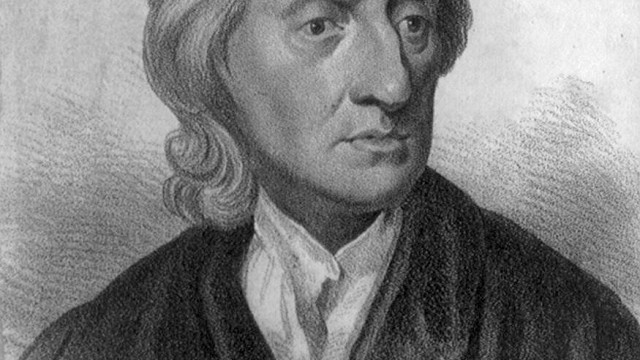John Locke was an English philosopher regarded as one of the most influential of Enlightenment thinkers and known as the “Father of Classical Liberalism”. He is considered one of the first of the British empiricists whose contributions to classical republicanism and liberal theory are reflected in the United States Declaration of Independence. He was one of the first who came up with the concept of the legitimacy of the state and the idea of the division of powers.
1. Education begins the gentleman, but reading, good company and reflection must finish him.
2. An excellent man, like precious metal, is in every way invariable; A villain, like the beams of a balance, is always varying, upwards and downwards.
3. Every man has a property in his own person. This nobody has a right to, but himself.
4. The end of law is not to abolish or restrain, but to preserve and enlarge freedom. For in all the states of created beings capable of law, where there is no law, there is no freedom.
5. There is frequently more to be learned from the unexpected questions of a child than the discourses of men.
6. To prejudge other men’s notions before we have looked into them is not to show their darkness but to put out our own eyes.
7. All mankind… being all equal and independent, no one ought to harm another in his life, health, liberty or possessions.
8. Government has no other end, but the preservation of property.
9. Where there is no property there is no injustice.
10. New opinions are always suspected, and usually opposed, without any other reason but because they are not already common.

